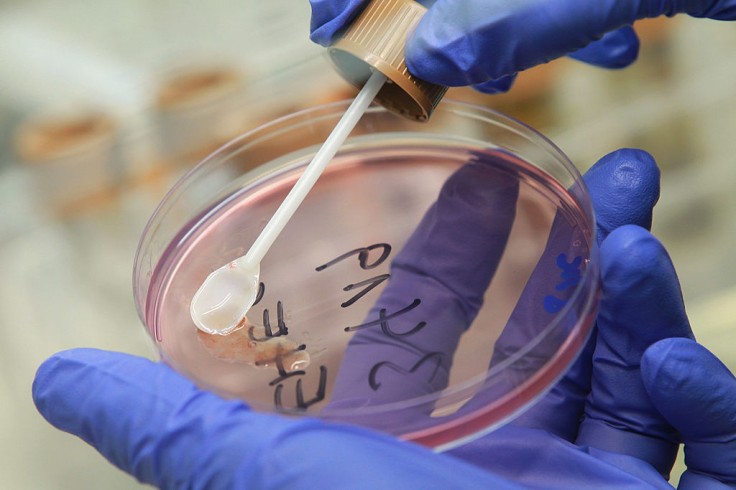
An escalating Chicago High School E.coli outbreak has put Huntley High School in the spotlight.
With nine confirmed cases, this suburban Chicago high school is drawing attention, causing health officials to race against time to determine its origin. As the count last week stood at five, the Chicago High School E.coli outbreak's growth is alarming.
Huntley High School, a central institution in this, has been working with health experts to unearth common exposures among the affected.
Understanding the E.coli Outbreak in Chicago
The intricate nature of the investigation is owing to the myriad potential exposure points both inside and outside the school's premises. A representative from the health department stated that it is a very complicated investigation with multiple potential exposures.
The representative also added that a large amount of data is being collected and analyzed, with no definitive conclusion at this time. Children displaying E.coli symptoms are advised to stay at home and can only return after being symptom-free for at least 48 hours.
E.coli symptoms typically include diarrhea, vomiting, nausea, abdominal cramps, fever, and body aches. It's this list of E.coli symptoms that the Huntley High School community should be on the lookout for, given the contagious nature of the bacteria.
Dr. Irfan Hafiz, affiliated with Northwestern McHenry hospitals, mentioned that Chicago High School E.coli outbreaks usually stem from a common food or water source, hinting at potential contamination sources ranging from meats to insufficiently chlorinated pool water.
Symptoms and Precautions Amid the Chicago High School E.coli Outbreak
The Chicago High School E.coli outbreak brings to light the virulent nature of the bacterium. With an incubation period ranging from 2 to 10 days, those infected can start manifesting E.coli symptoms without prior warning.
Dr. Hafiz stressed the need for utmost caution, stating that individuals showing E.coli symptoms should refrain from handling or serving food. Moreover, stringent hand washing and preventive measures are pivotal, especially for those attending to the infected.
Health officials are meticulously tracking the situation in Huntley High School. And, while there's a rise in the number of students suspected to be infected post this Chicago High School E.coli outbreak, the McHenry County Department of Health hasn't disclosed if any students required hospitalization.
As Huntley High School continues its operations, its officials are in synergy with public health to curtail the outbreak's repercussions.
Risks and Recommendations in the Aftermath of Huntley High School's Crisis
Of those diagnosed, 5 to 10 percent can escalate to a perilous condition known as hemolytic uremic syndrome (HUS). Marked by fever, abdominal pain, fatigue, and unexplained bruises or bleeding, this condition poses a severe threat, especially to certain vulnerable groups. It's a dire reminder for the Huntley High School community and Chicago at large about the potential severity of an E.coli outbreak.
Immediate medical intervention is vital for those showcasing signs of HUS, as it can lead to persistent complications like chronic kidney diseases and neurological issues.
For stakeholders of Huntley High School grappling with E.coli symptoms, it's of the essence to promptly consult medical professionals and inform them about potential exposure to facilitate apt treatment.
With this Chicago High School E.coli outbreak, parents, students, and staff of Huntley High School are advised to be vigilant, aware, and proactive in their approach, ensuring that the community's health and well-being remain uncompromised.